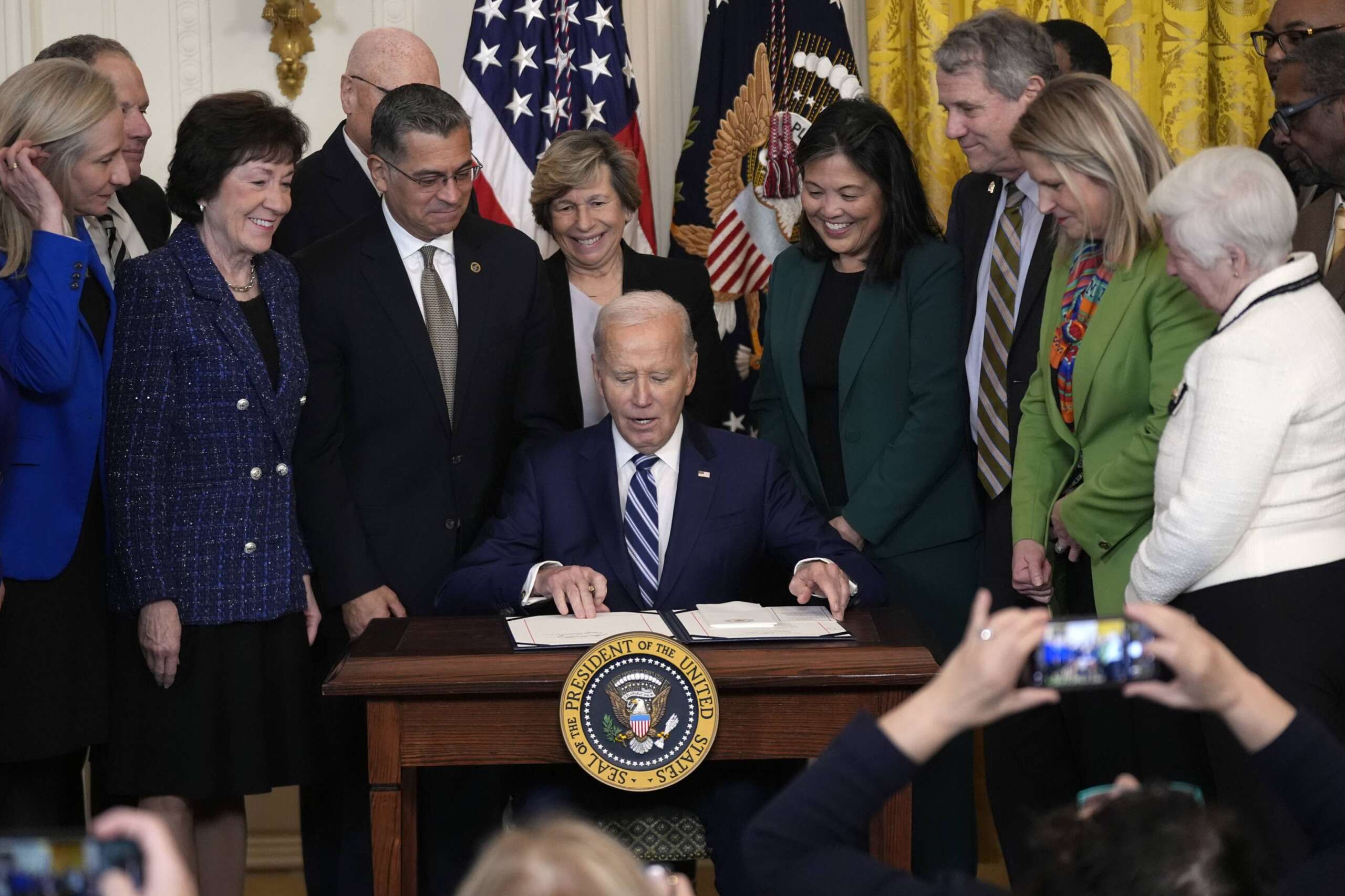
The Social Security Fairness Act is a hot topic these days. But what exactly is it? In simple terms, this act aims to repeal two provisions: the Windfall Elimination Provision (WEP) and the Government Pension Offset (GPO). These provisions reduce Social Security benefits for many public employees, like teachers and firefighters. Why does this matter? Because many hardworking individuals find their retirement benefits slashed, even after years of service. Supporters argue that the act would ensure fair treatment for all workers, while critics worry about the financial impact on the Social Security system. Curious to know more? Let's dive into 20 key facts about this important legislation.
What is the Social Security Fairness Act?
The Social Security Fairness Act aims to address certain inequities in the Social Security system. This legislation primarily focuses on two provisions: the Windfall Elimination Provision (WEP) and the Government Pension Offset (GPO). These provisions can reduce Social Security benefits for individuals who have pensions from non-Social Security-covered employment.
- The Windfall Elimination Provision (WEP) can reduce Social Security benefits for individuals who also receive a pension from employment not covered by Social Security.
- The Government Pension Offset (GPO) affects Social Security spousal or survivor benefits for those who receive a government pension from non-Social Security-covered employment.
- The Social Security Fairness Act seeks to repeal both the WEP and GPO provisions.
- The bill has been introduced multiple times in Congress but has yet to be passed into law.
- Supporters argue that the WEP and GPO unfairly penalize public servants like teachers, police officers, and firefighters.
- Opponents of the repeal argue that eliminating these provisions could strain the Social Security Trust Fund.
Impact on Public Servants
Public servants, such as teachers, police officers, and firefighters, are significantly affected by the WEP and GPO. These provisions can drastically reduce their Social Security benefits, even if they have paid into the system through other jobs.
- Teachers in states like California, Texas, and Ohio are particularly impacted because their state pensions are not covered by Social Security.
- Police officers and firefighters often have pensions from non-Social Security-covered employment, making them vulnerable to WEP and GPO reductions.
- Many public servants feel that the WEP and GPO are unfair because they reduce benefits they have earned through other Social Security-covered employment.
- The Social Security Fairness Act aims to ensure that public servants receive the full benefits they have earned.
Legislative History
The Social Security Fairness Act has a long legislative history, with multiple attempts to pass it in Congress. Understanding this history can provide insight into the challenges and support the bill has faced.
- The bill was first introduced in the 1980s but has been reintroduced in nearly every Congress since then.
- Despite bipartisan support, the bill has struggled to gain enough momentum to pass both the House and Senate.
- In recent years, the bill has gained more co-sponsors, indicating growing support among lawmakers.
- Advocacy groups for public servants have been instrumental in pushing for the bill's passage.
- The bill's progress is often stalled due to concerns about the financial impact on the Social Security Trust Fund.
Financial Implications
The financial implications of the Social Security Fairness Act are a significant point of debate. Repealing the WEP and GPO would have both costs and benefits.
- Repealing the WEP and GPO could increase Social Security payouts by billions of dollars annually.
- Supporters argue that the cost is justified to ensure fairness for public servants.
- Opponents worry that the increased payouts could accelerate the depletion of the Social Security Trust Fund.
- Some proposals suggest alternative funding methods to offset the cost of repealing the WEP and GPO.
- The financial debate is a key reason why the bill has not yet been passed into law.
The Bottom Line
The Social Security Fairness Act aims to correct long-standing issues affecting public servants. By eliminating the Windfall Elimination Provision (WEP) and the Government Pension Offset (GPO), it seeks to ensure fairer benefits for those who've dedicated their careers to public service. These provisions have unfairly reduced Social Security benefits for many, causing financial strain.
Understanding the impact of this act is crucial. It could mean more equitable retirement benefits for teachers, firefighters, and other public employees. If passed, the act would restore fairness and provide much-needed relief to those who've served our communities.
Stay informed and support initiatives that promote fairness in Social Security. Your voice can make a difference in ensuring that public servants receive the benefits they've earned. Let's work together to bring about positive change for all.
Was this page helpful?
Our commitment to delivering trustworthy and engaging content is at the heart of what we do. Each fact on our site is contributed by real users like you, bringing a wealth of diverse insights and information. To ensure the highest standards of accuracy and reliability, our dedicated editors meticulously review each submission. This process guarantees that the facts we share are not only fascinating but also credible. Trust in our commitment to quality and authenticity as you explore and learn with us.
